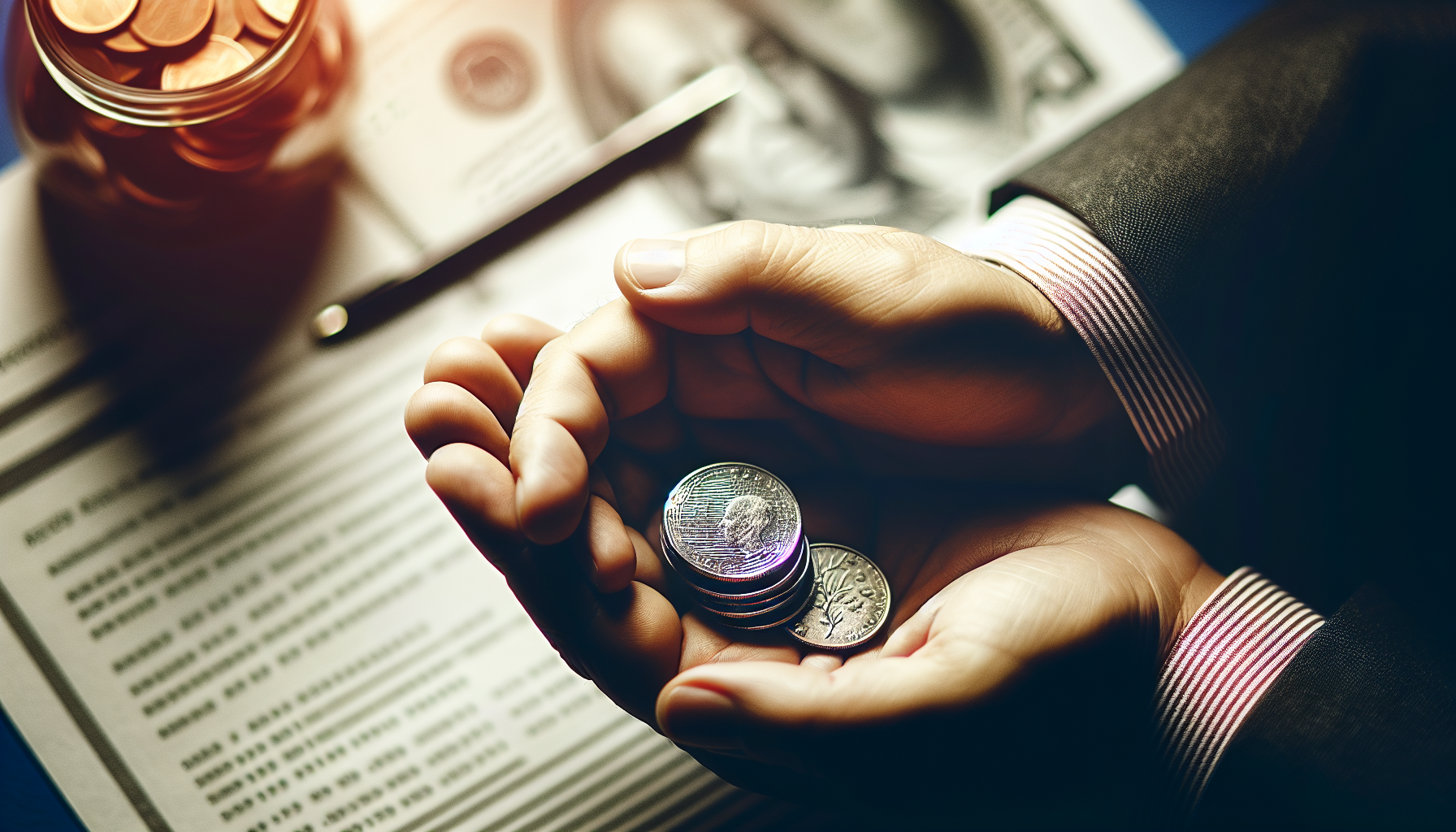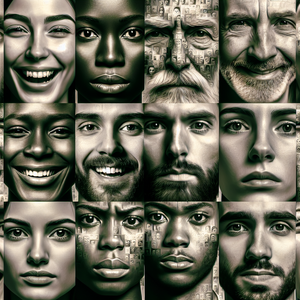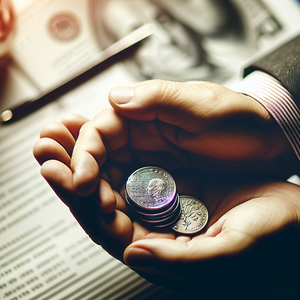The Untold Stories of Hurricane Milton's Survivors

Survivors of Hurricane Milton faced daunting challenges, from losing their homes to navigating the chaos of evacuation and recovery. Take the story of Maria and Carlos, a couple in their sixties who lived in a beachfront home for over thirty years. When Hurricane Milton made landfall, they were forced to evacuate within hours. “We grabbed what we could—photos, important documents, and our dog, Max,” Maria recalls. Upon returning, they found that their home was uninhabitable, reduced to debris scattered across the sand. Yet, instead of succumbing to despair, the couple found strength in their community. Neighbors came together to provide temporary housing and support, illustrating how shared hardship can forge deep connections. Maria and Carlos, along with other displaced residents, organized community potlucks where they could share meals and stories. “We realized that we were all in this together,” Carlos noted. This collective resilience became a beacon of hope, as survivors leaned on one another, sharing resources and emotional support.
Building Community Bonds
The aftermath of Hurricane Milton also highlighted the importance of community. In the days following the storm, local churches and organizations opened their doors to provide shelter, food, and emotional support. The local high school gymnasium became a temporary refuge for families who had lost everything. “We didn’t know each other before the storm,” says James, a young father who sheltered in the gym with his two children. “But we became a family. We shared stories, meals, and tears. It made the burden a little lighter.” Volunteer groups sprang up as residents banded together to clean up debris and assist those in need. Local businesses offered free meals and services to help those affected, and schools organized donation drives to collect clothes and supplies. A grassroots movement, known as “Milton Strong,” emerged, uniting individuals from various backgrounds in their shared mission to rebuild. This spirit of solidarity not only aided immediate recovery but also fostered long-lasting relationships that would outlive the storm’s devastation.
Healing Through Shared Experiences
The journey of recovery is often accompanied by emotional scars. Survivors have reported feelings of anxiety and PTSD as they navigate life after the storm. In response, support groups emerged as a crucial lifeline for many, providing a safe space to share experiences and coping strategies. “Talking about what we went through helped me process my emotions,” shares Linda, who lost her childhood home. “I realized I wasn’t alone in my feelings. We all had our battles.” Local therapists and counselors volunteered their time to facilitate these support sessions, creating an environment of understanding and healing. The community's commitment to mental health became a critical aspect of recovery, allowing individuals to confront their trauma collectively. Art and creativity also played a vital role in healing. Local artists organized workshops for survivors to express their feelings through painting and writing. These creative outlets served as therapeutic tools, allowing individuals to channel their trauma into something beautiful. The resulting artwork was showcased in community exhibitions, not only celebrating resilience but also reminding the community of the strength they found together. One such exhibition, “From Ruins to Resilience,” brought together artists and survivors, allowing them to share their stories through visual art and poetry.
The stories of Hurricane Milton's survivors reveal the profound impact of human connection in the face of adversity. Through resilience, community bonds, and shared healing experiences, individuals have rebuilt their lives and strengthened their communities. While the scars of the storm may linger, the narratives of hope and recovery serve as a testament to the human spirit's ability to endure and thrive. As we reflect on these untold stories, we are reminded that in the aftermath of disaster, it is often the bonds formed and the resilience shown that truly define a community. The legacy of Hurricane Milton is not just the destruction it caused, but rather the strength and unity that emerged from its wake.
Disaster Recovery Coordinator
FEMA, Red Cross, local government agencies, non-profits focusing on disaster recovery
Core Responsibilities
Develop and implement disaster recovery plans, ensuring alignment with local, state, and federal guidelines.
Coordinate with community organizations and agencies to facilitate resource distribution and support services for affected residents.
Manage volunteer programs, including recruitment, training, and scheduling for recovery efforts.
Required Skills
Strong organizational and communication skills to effectively liaise with diverse groups.
Experience in emergency management or disaster response, with knowledge of FEMA guidelines preferred.
Ability to work under pressure and manage multiple projects simultaneously.
Mental Health Support Specialist
Community health organizations, non-profits, schools, and hospitals
Core Responsibilities
Provide emotional support and counseling to disaster survivors, addressing issues such as PTSD and anxiety.
Facilitate group therapy sessions and workshops to promote healing and community bonding.
Develop educational materials on coping strategies and mental health resources for affected individuals.
Required Skills
Licensed counselor or therapist with experience in trauma-informed care.
Strong interpersonal skills and the ability to create a safe, supportive environment.
Knowledge of community resources and referral processes for mental health services.
Community Outreach Coordinator
Non-profits, local government, community development organizations
Core Responsibilities
Build relationships with local businesses, organizations, and residents to support recovery initiatives and community engagement.
Organize events and programs to raise awareness about available resources and foster community spirit.
Collect feedback from community members to inform ongoing recovery efforts and identify unmet needs.
Required Skills
Excellent communication and networking abilities, with experience in public relations or community organizing.
Familiarity with local issues and the challenges faced by disaster-affected populations.
Strong organizational skills to manage events and outreach campaigns.
Non-Profit Fundraising Manager
Non-profit organizations focused on disaster relief, community development, and social services
Core Responsibilities
Develop and implement fundraising strategies to support disaster recovery programs and community initiatives.
Cultivate relationships with donors, sponsors, and grant-making organizations to secure funding.
Organize fundraising events and campaigns to raise awareness and financial support for recovery efforts.
Required Skills
Proven experience in fundraising, grant writing, and donor relations.
Strong marketing and communication skills to effectively promote initiatives and engage potential supporters.
Ability to analyze and report on fundraising performance metrics.
Environmental Restoration Specialist
Environmental non-profits, government agencies, and consulting firms specializing in ecological restoration
Core Responsibilities
Assess environmental damage caused by disasters and develop strategies for restoration and recovery.
Collaborate with local authorities and organizations to implement restoration projects, such as reforestation or habitat rehabilitation.
Educate the community about environmental impacts and sustainable practices to prevent future disasters.
Required Skills
Degree in environmental science, ecology, or a related field, with experience in restoration projects preferred.
Strong analytical and problem-solving skills, with the ability to work in field conditions.
Excellent communication skills for community engagement and education efforts.


